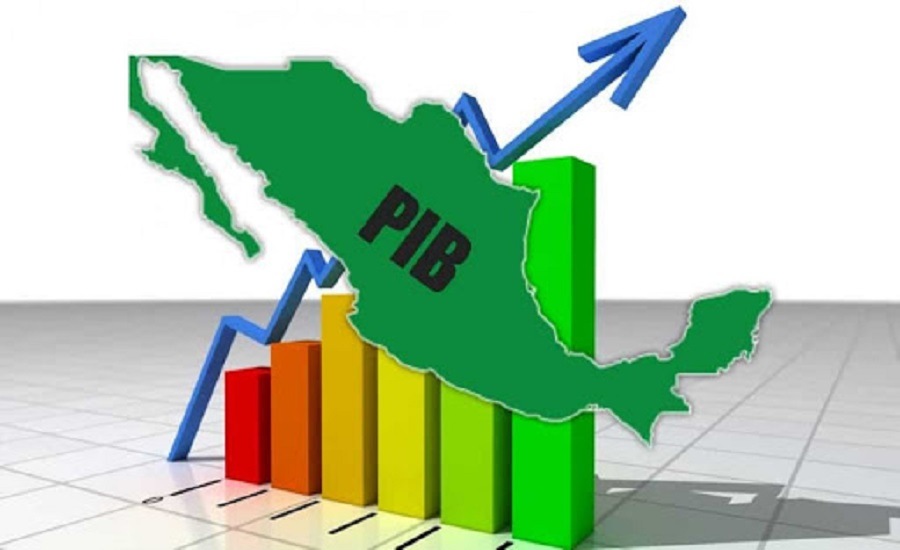RIO DE JANEIRO, BRAZIL – The negative result of economic activity in Q1, although expected, puts an end to the economic rebound underway since early 2017, said the Ministry of Economy’s Economic Policy Secretariat, in a note on the Gross Domestic Product (GDP) released yesterday, May 29th.
Amid the covid-19 pandemic, GDP dropped by 1.5 percent in Q1 this year compared to Q4 2019. The data were released yesterday, May 29th, in Rio de Janeiro by the Brazilian Institute of Geography and Statistics (IBGE). When compared to Q1 2019, GDP fell by 0.3 percent. In 12 months, the accumulated GDP is up 0.9 percent.

“The initial impacts of the pandemic on the economy as of March this year reversed the favorable employment, revenue, and activity indicators of the first two months of the year, driving the GDP variation to negative ground. The harmful effects on the health of the Brazilian population and our economy still persist. Thus, the Q2 economic result for the activity will be even worse”, says the note.
According to the Secretariat, the consequences are “harmful to the population, with an increase in unemployment, business bankruptcy, and poverty”.
“To tackle and mitigate the suffering of Brazilians, structural reforms must be continued through more modern employment legislation, the strengthening of social policies (with the transfer of funds from inefficient social programs to the most efficient and having proven effective in the fight against poverty), the improvement of bankruptcy legislation and the modernization and debureaucratizing credit, capital and guarantee markets,” it said.
Post-pandemic
According to the Secretariat, the post-pandemic agenda, as well as maintaining the spending ceiling, must include: strengthening the social protection framework by transferring funds from inefficient programs to social programs that have proved effective in fighting poverty; improving the efficiency of employment policies; improving bankruptcy legislation; strengthening and debureaucratizing credit, capital and guarantee markets; approving a new regulatory framework for basic sanitation and the gas sector; opening trade; privatization and concessions; and tax reform.
Source: Agência Brasil

